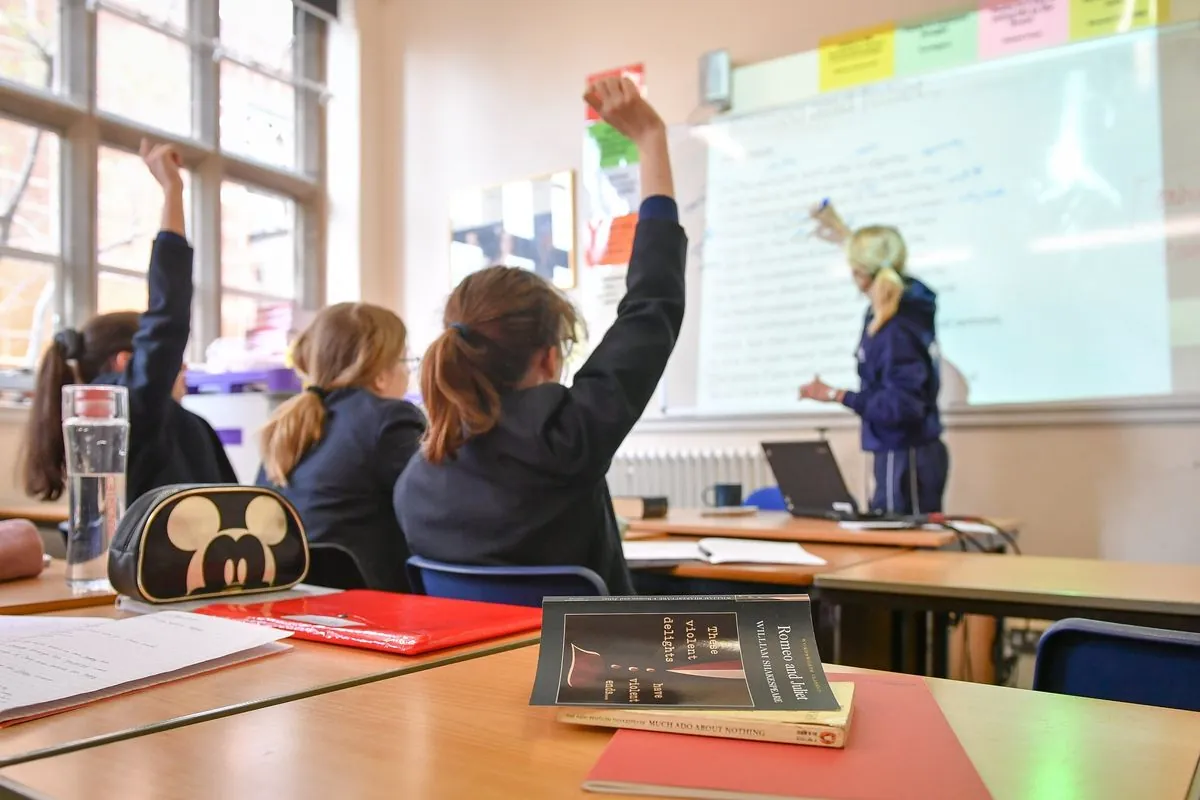Labour's Education Reforms Spark Concern Among Parents and Experts
Labour's proposed changes to UK education, including Ofsted reforms and curriculum review, raise worries about declining standards and union influence. Parents express anxiety over potential impacts on both state and private schools.

As the 2024-2025 academic year begins, Labour's proposed education reforms are causing apprehension among parents and education experts. The changes, which include modifications to Ofsted inspections and a curriculum review, have sparked debates about their potential impact on educational standards in the UK.
Bridget Phillipson, Labour's Education Secretary, has announced the scrapping of one-word Ofsted ratings for schools. This decision, viewed by some as a concession to teaching unions, will replace the current system with separate ratings across different categories. A "report card" system is set to be introduced next year, providing a summary of schools' strengths and weaknesses.
Amanda Spielman, former chief inspector of schools until 2023, cautioned against "putting the interests of schools and their staff ahead of children." Critics argue that the changes prioritize teachers' concerns over students' needs.

The ongoing curriculum review, led by Professor Becky Francis, has raised concerns about a potential shift away from the knowledge-based approach championed by Michael Gove during his tenure as Education Secretary from 2010 to 2014. The current national curriculum, introduced in 2014, has been credited with improving England's performance in international rankings.
The debate over standardized testing, particularly SATs, continues to divide opinions. While unions advocate for their abolition, supporters argue that these tests, introduced in 1991, are crucial for measuring student progress and school performance.
"SATs are not a useful or accurate way of assessing what children can do at the end of their primary education. These out-of-date and harmful tests must stop, and learning, not school accountability, must be at the heart of our assessment system."
Comparisons of educational achievements across UK nations reveal significant disparities. England's performance in the Programme for International Student Assessment (PISA) has improved since 2009, while Wales and Scotland lag behind. This disparity has fueled concerns about the potential consequences of Labour's proposed changes.
Questions about Labour's approach to school discipline have also emerged. The potential departure of Tom Bennett, the Department for Education's behaviour tsar, after 2025 has raised uncertainties about future policies on suspensions and exclusions.
The recent 5.5% pay increase for teachers, announced by Phillipson, has been attributed to union influence. The National Education Union (NEU), formed in 2017, continues to push for further "pay restoration" to compensate for years of below-inflation increases.
Parents across the country are expressing concerns about the potential impact of Labour's policies on both state and private schools. A mother from Gerrards Cross, Buckinghamshire, commented on the importance of Ofsted ratings in school choice and property advertisements. Another parent from Whitby noted the growing anxiety among traditionally Labour-voting parents about the proposed changes.
As the debate continues, the future of UK education hangs in the balance, with stakeholders closely watching Labour's next moves in this critical sector.


































